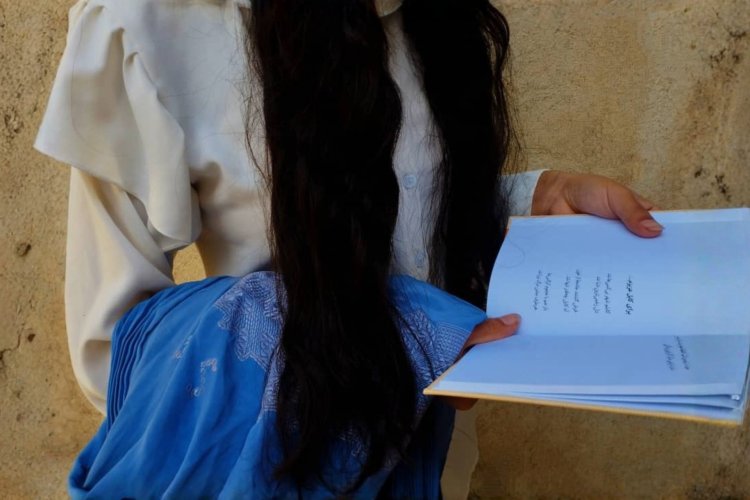The Captivity of Thought within the Taliban’s Walls

I think about the city and all that moves within it. My conviction to leave grows stronger. The city is no longer a city—it’s an island of blood. Each day, new signatures are added beneath decrees. You’re forced to count your breaths; if they are too many, you are guilty. Listening to these people is the ruin of life. I don’t want to be ruined, yet I can do nothing. There is no path but to stay and be tortured. If I leave, I fear the dogs howling along the borders. If I stay, I must watch myself being torn apart in this dark wasteland. I wish to bury my own story in this soil and empty my memory of the days that have passed. I want to vomit out a culture whose civilization and foundation were built on lies. Here, no one knows the essence of the alphabet; and those who do are powerless. They are hunted with four eyes watching every step.
When I am trapped in the captivity of my own thoughts, a volcano erupts inside me; the fire reaches my very bones. Tell me, is there any place left where one can bury sorrow and give birth to joy? Such a place does not exist in this land. I have never seen it. I constantly dream nightmares. I always die in my dreams—not an ordinary death, but for the crime of a word spoken, or for giving birth to a word. Here, the birth of words for someone who wishes to depict human pain becomes a bullet that paints the image of their own corpse.
How much grief must one swallow, how much pain must one endure! In this ruin, you become more ruined each day. It’s as if I’m buried under debris. I laugh at my own state. The books I always wished to have and read will forever remain a wish. After the fall of the government, reading and drowning in the layers of a book became my only painkiller—as someone who sees everything through words, as someone imprisoned by an oppression that will be remembered for years to come. One day, people will say: “It was a land where no one ever saw the laughter of its daughters.”
Imagine being alive, yet having borders drawn around your desires. Imagine reading a book could make you share Aydin’s fate. How deeply I’ve bonded with that book these days! If Abbas Maroufi were still drinking from the fountain of life, I would write to him:
“Mr. Maroufi, Jaber Ourkhani alone destroyed Aydin, but here, groups of people like Jaber Ourkhani exile me again and again.”
I am caught between leaving and staying. Where could I even go? I, who barely know the city I live in. What miracle could separate me from this planet and this system? Ah! Speaking of the walls built around me makes me ache. This pain awakens another pain. Abbas Maroufi, Sadegh Hedayat, Mahmoud Dowlatabadi, Alieh Ataei… no matter how many names I list, it will only lengthen the text, not heal the wound. From Alieh Ataei, I’ve only read “Koorsorkhi.” Not the printed version—digitally. Later, I learned that “Koorsorkhi” had been placed on the list of banned books. But why? Because it portrayed the suffering of a people who have neither a place to stay nor a path to escape. Wherever they turn, they face a dead end. Such profound pains are buried within that book—it plows through one’s soul. It reminds me of the migrants who left by force and never returned. Somewhere, even now, a woman, a mother, or a sister waits for a return that will never come. It reminds me of the ships that sank beyond the waters, of the children who boarded them unaware of their fate...
Such pain roars within me. Its presence spreads like a plague. I am already beyond saving. I feel a sense of heaviness—vague and weary. I beg death to come, yet I know escape won’t solve anything. I may die, but what about the others—those my age, my generation? Afghanistan was my place, my birthplace—but now it has grown too small; it no longer holds me or my unfulfilled dreams. As Saeb Tabrizi once said:
“How could the soul have known what it would endure in this world?”
— Nargis Nikbin
